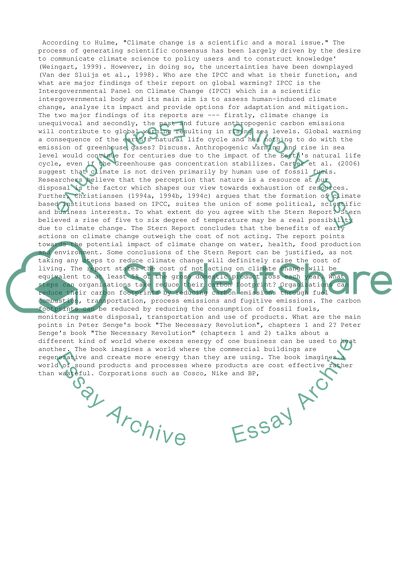Cite this document
(“Sustainable Management Essay Example | Topics and Well Written Essays - 3000 words”, n.d.)
Retrieved from https://studentshare.org/business/1478627-sustainable-management
Retrieved from https://studentshare.org/business/1478627-sustainable-management
(Sustainable Management Essay Example | Topics and Well Written Essays - 3000 Words)
https://studentshare.org/business/1478627-sustainable-management.
https://studentshare.org/business/1478627-sustainable-management.
“Sustainable Management Essay Example | Topics and Well Written Essays - 3000 Words”, n.d. https://studentshare.org/business/1478627-sustainable-management.


